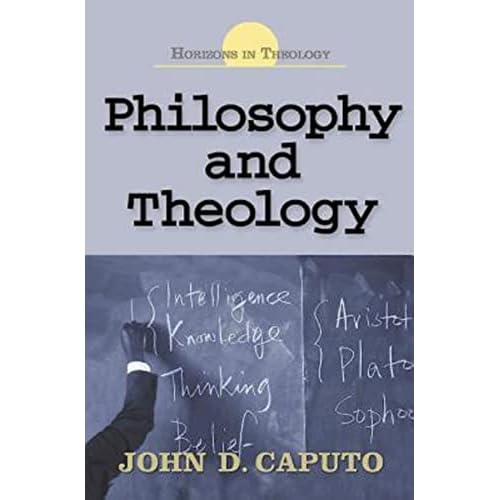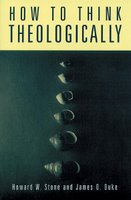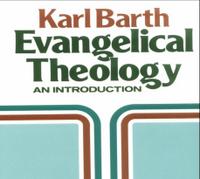TOWARD AN OLD TESTAMENT THEOLOGY by Dr. Walter C. Kaiser, Jr.Zondervan (September 13, 1991) 303 pages

In his book,
Toward an Old Testament Theology, Kaiser wants to establish ‘promise’ as the central message of the OT and to build an exegetically useful OT Theology around that core message. He makes his case in three parts: (1) Definition and Method, (2) Materials for an Old Testament Theology, and (3) The Connection with New Testament Theology. This critique describes the function of each part, briefly discusses difficulties raised by each, and discusses how well the text achieves its intended purpose.
In Part 1, Definition and Method, Kaiser lays out the bulk of his theology, making a case for the notion of ‘promise’ as the exegetically-derived center around which an OT Theology can be built. Following the analogy of antecedent scripture, he traces OT history around the theological core of ‘promise.’ According to Kaiser, the structure of an OT Theology is “…historically arranged and its content is exegetically controlled” (Kaiser, 9). He further says that “… biblical theology draws its very structure of approach from the historic progression of the text and its theological selection and conclusions from those found in the canonical focus” (Kaiser, 12).
Two difficulties are raised by this section. First, while Kaiser’s theology appears to be based on an exegesis of Scripture, there is a greater focus on the history behind the text than on the text itself. While he looks closely at Genesis 3:15; 9:25-27; 12:1-4, his own words (as in the quote from page 12, above) betray his reliance on history and chronology. Second, while the idea of the analogy of antecedent scripture is valid, there are problems. Often the date a book was written is unclear or unknown. This makes it impossible to determine which book is indeed antecedent and places any theological conclusions on an insecure foundation. In addition, claims regarding inter-textuality should be based on clear, intentional references within the text rather than on a supposed chronology. The text is the only clear revelation in our possession.
In Part 2, Materials for an Old Testament Theology, Kaiser traces the development of the theological core (promise) across the OT. He wants to show that in each historical era, God reveals and develops the message of promise. By exegeting key passages in each era, he traces the development of the promise theme across OT history.
Three difficulties are raised by this section. First, the ‘eras’ are not clearly related to canonical structure. For example, Kaiser divides the Pentateuch (a multi-volume book written by one author) into three separate eras. Second, it is not clear whether this OT Theology is indeed exegetically useful. He carefully handles a number of key passages, but generally neglects the larger context of books and of the canon. A determination of usefulness would need to be determined in practice. Finally, in some eras (e.g. the Sapiential era), the core promise message seems to be stretched. If ‘promise’ truly is the intended center of the OT, then it should fit comfortably into every book of the OT. This does not seem to be the case.
In Part 3, The Connection with New Testament Theology, Kaiser connects the OT promise with the NT fulfillment in Christ. He wants to show that the promise—around which the OT and an OT Theology is built—is fulfilled in Jesus Christ and his new covenant.
An important difficulty is raised by this section. The problem is reading subsequent scripture back into antecedent scripture. Kaiser seems to be interpreting the OT according to NT thinking rather than allowing the OT to explain itself.
How well does Kaiser establish ‘promise’ as the central message of the OT and build an exegetically useful OT Theology around that core message? First, while much effort is expended in making a case for promise as the central message of the OT, in the end it appears to be based more upon reading the NT back into the OT. ‘Promise’ is an important theme, but his argument does not meet the requirement for a core message. The difficulties of uneasy fit in some eras, the reliance on a few key passages, and the apparent reliance on the NT are not adequately dealt with.
Second, for certain key passage, Kaiser’s theology may be exegetically useful, but for the canon it does not seem particularly useful. He does not deal with the OT canon as it stands, but with a chronological reconstruction of the events behind the text.
Despite these difficulties,
Toward an Old Testament Theology is an important book, moving OT Theology away from the history of religions school and closer to an exegetically based theology of the text.
Tag:
books










